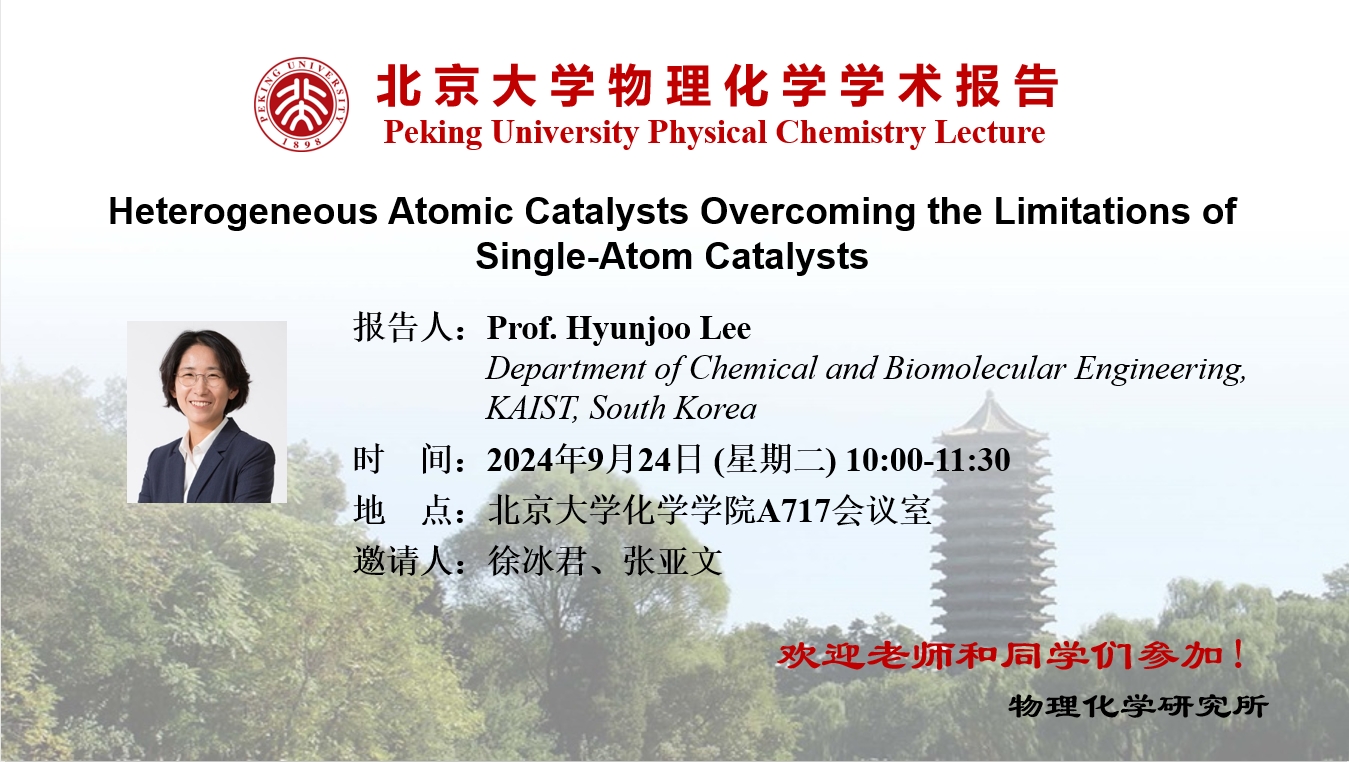
Abstract
Recent advances in heterogeneous single-atom catalysts (SACs), which have isolated metal atoms dispersed on a support, have enabled more precise control of their surface metal atomic structure. SACs could reduce the amount of metals used for the surface reaction, and have often shown unique selectivity, which the corresponding nanoparticles would not have. However, the SACs typically have the limitations of low metal content, poor stability, oxidic electronic states, and the absence of ensemble sites. Here, I will introduce our efforts to overcome these limitations. For instance, highly durable SACs could be prepared by anchoring the metal atoms strongly on the defective support, metallic SACs were synthesized, and the ensemble catalysts, in which all the metal atoms are exposed at the surface like the SACs but the surface metal atoms are located nearby, were also successfully synthesized. We applied these heterogeneous atomic catalysts for automobile exhaust treatment (three way catalyst; TWC or diesel oxidation catalyst; DOC) or electrochemical reactions (formic acid oxidation; FAOR or oxygen reduction reaction; ORR). Heterogeneous atomic catalysts, whose structure is elaborately controlled and the surface reaction is better understood, can be a new paradigm with higher catalytic activity, selectivity, and durability, and used in industrial applications.
Biography
Prof. Hyunjoo Lee is a full professor and a KAIST endowed chair professor in the Department of Chemical and Biomolecular Engineering and a director of Heterogeneous Atomic Catalysts Research Center at KAIST. She received Ph.D. in 2005 from Chemical Engineering, Caltech. Her research interest is to understand the fundamentals of heterogeneous catalysts and develop the catalyst for sustainable chemical industries. She published ~160 papers trying to elucidate how the surface of heterogeneous catalysts can be controlled to have better activity, selectivity, and durability. She had ~50 registered patents about fuel cell, water electrolyzers, CO2 electrolyzers, automobile exhaust treatment, and biomass conversion. She currently serves as an associate editor of JACS Au and has served as an editorial board member of various journals of ChemSusChem, Nano Letters, Molecular Catalysis, Catalysis Today, etc.